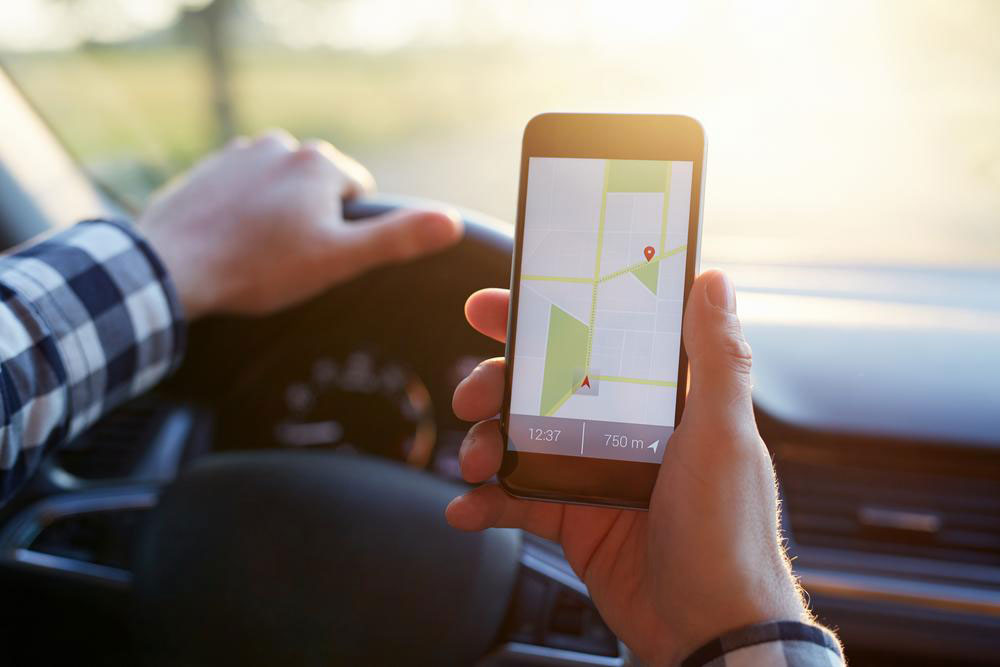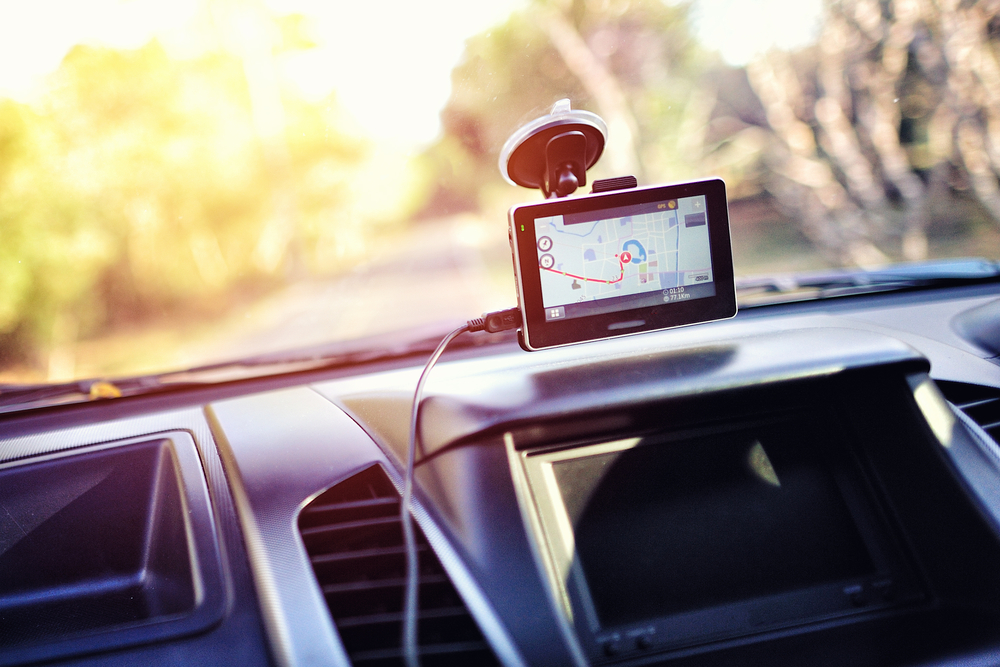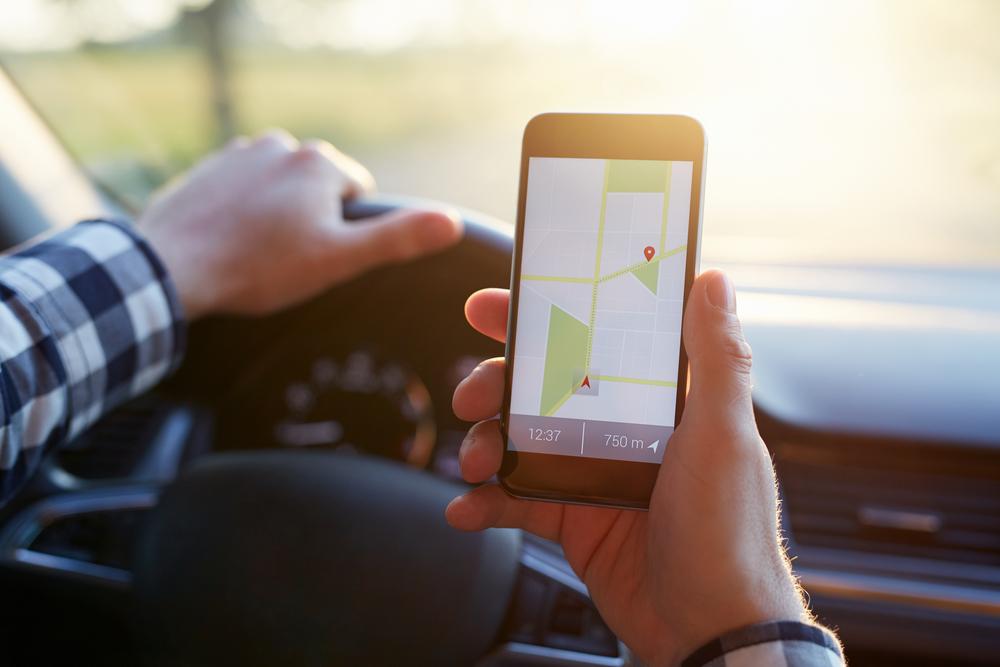Enhancing Mobile Security and Convenience Through Advanced GPS Location Technology
GPS technology has become essential for modern life, offering precise device tracking for personal security, business logistics, and safety applications. Its integration into smartphones enhances convenience and protection, enabling real-time location sharing, remote device management, and improved service delivery. As the technology advances, GPS will continue to play a vital role in safeguarding data and optimizing various industries worldwide.

Enhancing Mobile Security and Convenience Through Advanced GPS Location Technology
Since its development in 1973, the Global Positioning System (GPS) has fundamentally transformed the way we locate and track devices worldwide. Originally created for military use, GPS has evolved into a vital technology integrated into nearly all modern smartphones and tablets. This satellite-based navigation system offers accurate positioning data and synchronized time signals, which are critical for various personal and commercial applications today. With the proliferation of GPS-enabled devices, locating lost or stolen phones, ensuring safety, and optimizing service delivery have become more straightforward and reliable than ever before.
GPS technology works by triangulating signals from multiple orbiting satellites to determine the precise location of a device. This process allows users to quickly and accurately see where their devices are in real time. The integration of GPS modules into smartphones has been mandated by industry standards and regulatory bodies, ensuring that users benefit from consistent and dependable location services across various devices. Whether tracking a misplaced phone, aiding navigation, or powering location-based applications, GPS underpins many aspects of modern digital life.
One of the primary advantages of GPS tracking is its ability to protect sensitive personal data and prevent unauthorized access. For example, if a phone is lost or stolen, users can leverage remote locking or erasing features provided by service providers and device manufacturers to safeguard their private information. This technology ensures that even if the device falls into the wrong hands, personal data remains inaccessible. Furthermore, many service providers incorporate GPS tracking into their security protocols, enhancing the overall safety and privacy of their customers.
Beyond individual use, GPS technology plays a pivotal role in various industries such as logistics, transportation, and delivery services. Companies can monitor the real-time locations of their fleet vehicles and personnel to optimize routes, improve efficiency, and reduce operational costs. This capability not only streamlines logistics but also enhances customer satisfaction by providing accurate delivery times and updates. Parents, for instance, use GPS tracking features to keep an eye on their children’s whereabouts, offering peace of mind and added security in day-to-day life.
Additionally, converting existing smartphones into affordable tracking devices has revolutionized security and tracking solutions. Unlike dedicated GPS trackers that require additional costs, smartphones equipped with GPS modules offer a versatile alternative, combining communication, navigation, and tracking functionalities into one device. As smartphone technology continues to advance, their roles as personal safety tools, navigation aids, and business assets become increasingly significant.
The future of GPS technology promises even greater enhancements in accuracy, speed, and integration with other emerging technologies such as IoT (Internet of Things) devices and 5G connectivity. These improvements will further empower consumers and organizations to rely on precise location data for a wide array of applications—from health and safety to smart city infrastructure. As GPS continues to evolve, its impact on personal security, professional security, and overall efficiency will be profound, benefiting millions of users worldwide.





